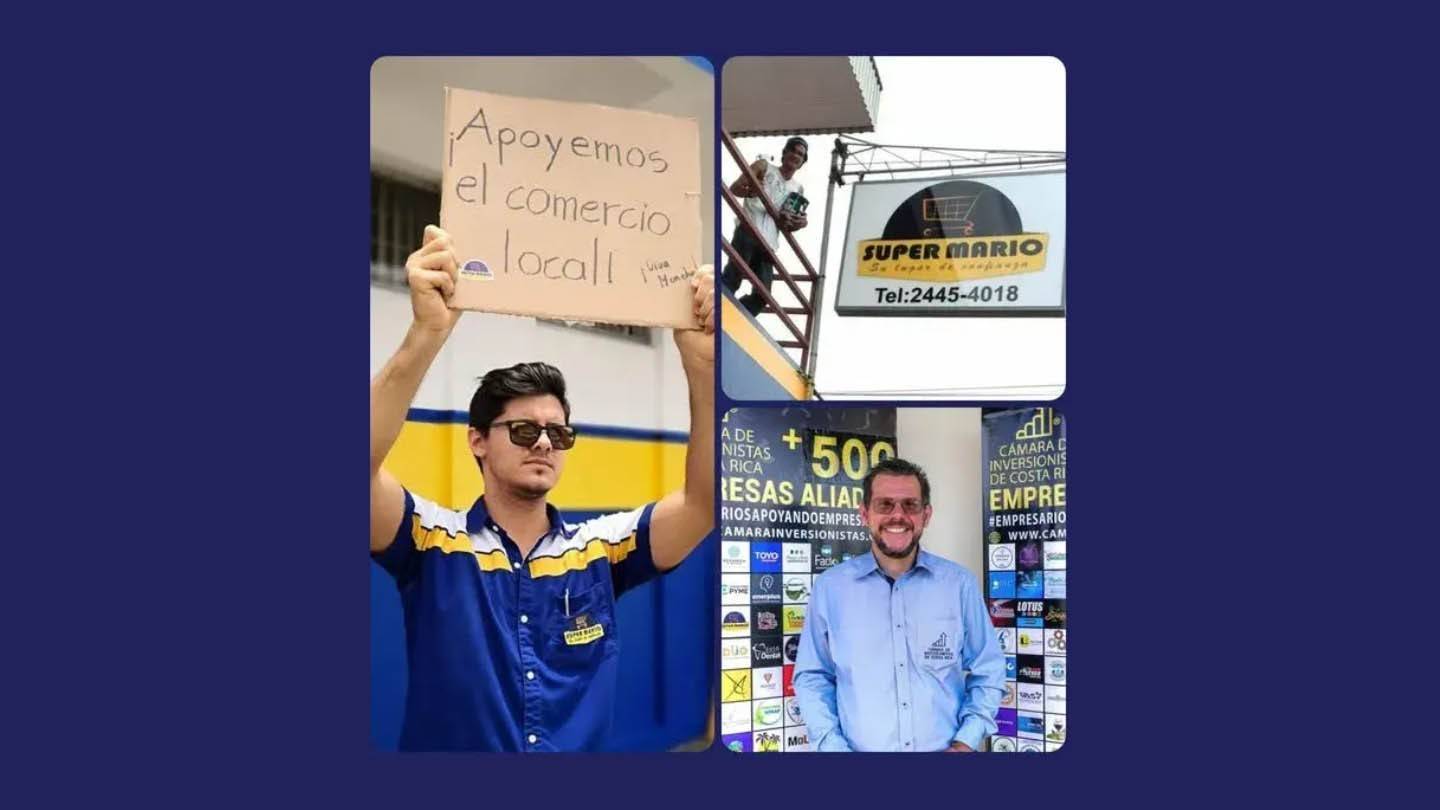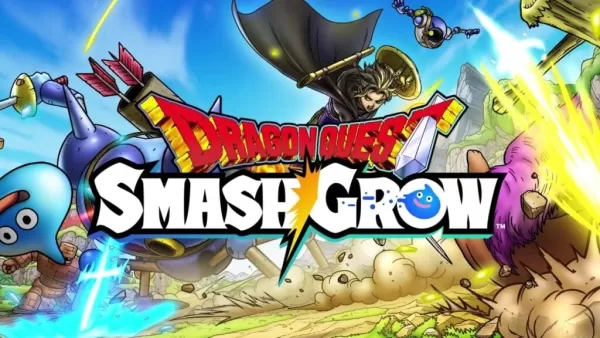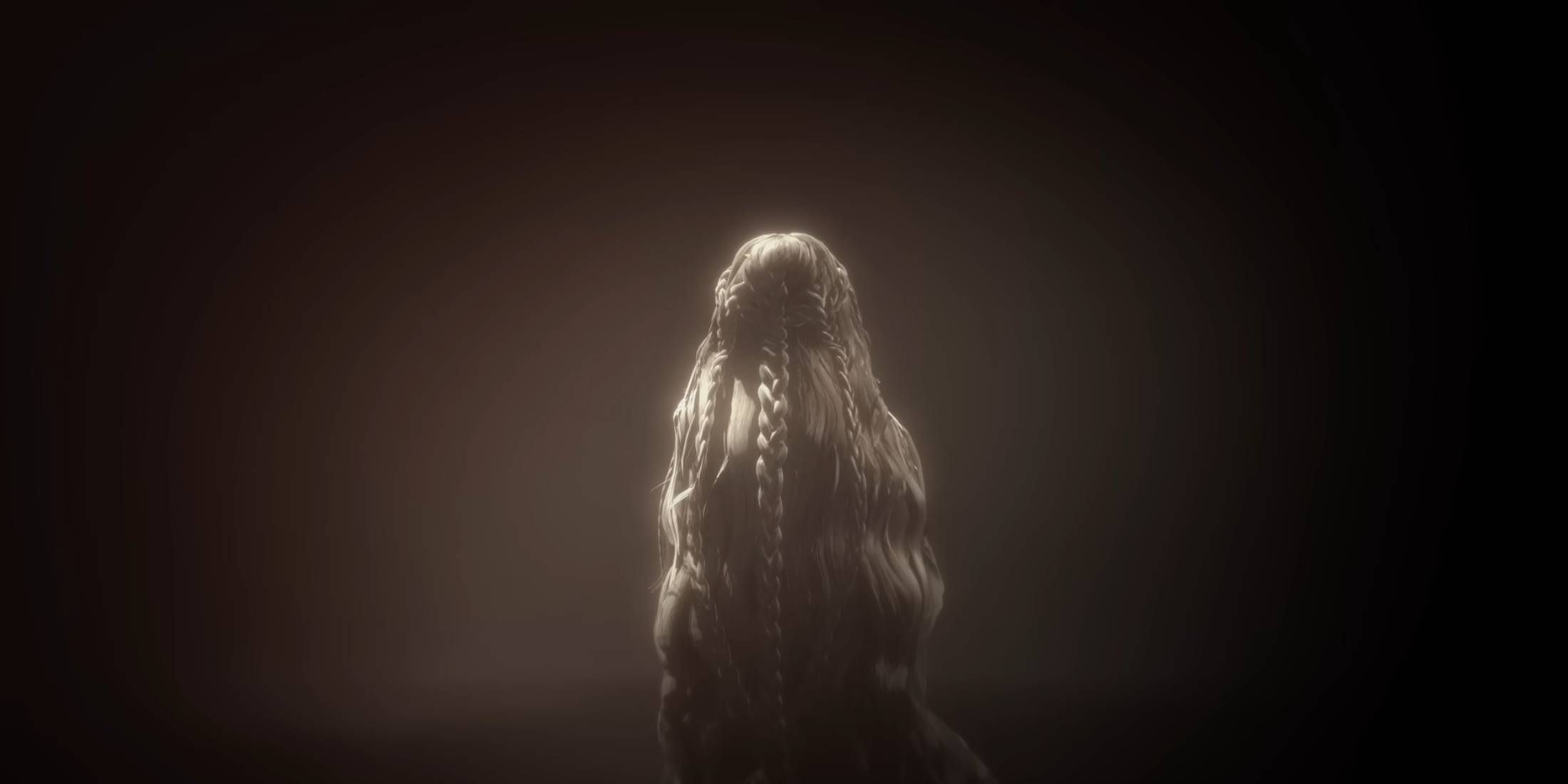Nintendo Defeated in Trademark Clash with Costa Rican Supermarket Over Super Mario
In a surprising turn of events, Nintendo has faced a legal defeat in a trademark dispute against a small supermarket in Costa Rica named "Súper Mario." The supermarket successfully defended its trademark in court, proving that the name was derived from its business type—a supermarket—and the first name of its manager, Mario.
The legal battle commenced when Charito, the son of the supermarket's owner, registered the "Super Mario" trademark in 2013 following his university graduation. When the trademark was due for renewal in 2024, Nintendo contested it, arguing that it infringed upon their globally renowned Super Mario brand, closely tied to their iconic video game character.
 Image: x.com
Image: x.com
However, the supermarket's legal team, headed by advisor and accountant Jose Edgardo Jimenez Blanco, successfully argued that the name "Súper Mario" was not intended to capitalize on Nintendo's intellectual property. They convincingly showed that the name was a straightforward combination of the store's nature as a supermarket and the manager's name, Mario.
"I am deeply thankful to my accountant and legal advisor, Jose Edgardo Jimenez Blanco, who expertly handled the trademark registration and the subsequent legal battle," Charito expressed, sharing his relief and gratitude. "We were on the verge of giving up. How could we possibly stand up to such a formidable corporation? But Edgardo and I were determined, and just a few days ago, we received the positive outcome we hoped for. 'Súper Mario' is here to stay."
Nintendo holds exclusive rights to the Super Mario trademark in various product categories, including video games, apparel, and toys, in many countries. However, they did not anticipate a local business using the name for legitimate reasons.
This case underscores the intricate nature of trademark disputes, particularly when global giants like Nintendo confront small businesses with valid claims to a name. It also reminds us that even the largest corporations can face legal hurdles in safeguarding their intellectual property.




























